#OTD June 30, 1893 John Hughes was promoted to Captain of Company D of the Texas Rangers, bringing a more equitable and collaborative approach to border policing in west Texas.

In the late 1800s, smuggling was a common occurrence in the El Paso-Ciudad Juárez borderlands.. The so-called (H)olguin or Bosque Gang controlled smuggling and other clandestine activity in an area on the Rio Grande called “Pirate Island.” https://utpress.utexas.edu/9781477310137/
A small Ranger detachment, Company D, consisting of four men led by Captain Frank Jones, along with the help of El Paso County Deputy Sheriff R.E. Bryant, enforced the law on the island.
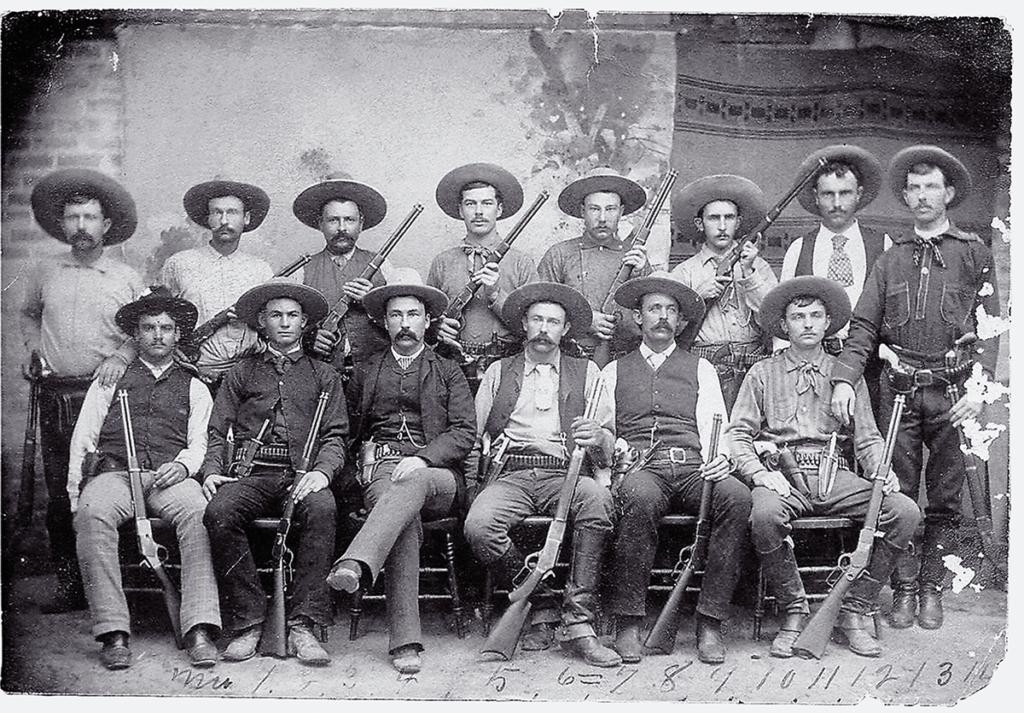
The (H)olguin gang rose to notoriety following the shooting death of a relative at the hands of Rangers during the San Elizario Salt War. https://www.tshaonline.org/handbook/entries/salt-war-of-san-elizario
On June 30, 1893, a violent skirmish, also known as the “Battle of Tres Jacales,” between Ranger Company D and suspected smugglers from the (H)olguin gang occurred. Captain Frank Jones was ambushed and killed by people believed to be members of the (H)olguin gang.
The Texas Rangers and the Mexican police, in a joint effort, succeeded in capturing the murderers and imprisoning them in a Juarez jail. However, Mexican authorities later released the accused and revenge came quickly to the suspected murderers by Ranger comrades.
John R. Hughes, who had been Sergeant of Company D, was promoted to Captain of the company in the wake of Jones’ death.
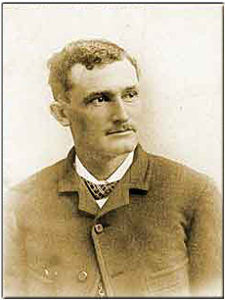
Hughes’s ascension as the new head of Company D, based in Alpine, marked a shift in the local perception of the Rangers in West Texas. He sought to ease tensions by seeking more collaborative relationships with Anglos and Mexicans.
Hughes was able to nurture cooperative relationships with many of the authorities and ranchers in West Texas, and Ciudad Juarez. For example, Hughes, along with other Ranger officers like Joe Sitters, developed a rapport with Francisco “Pancho” Villa.
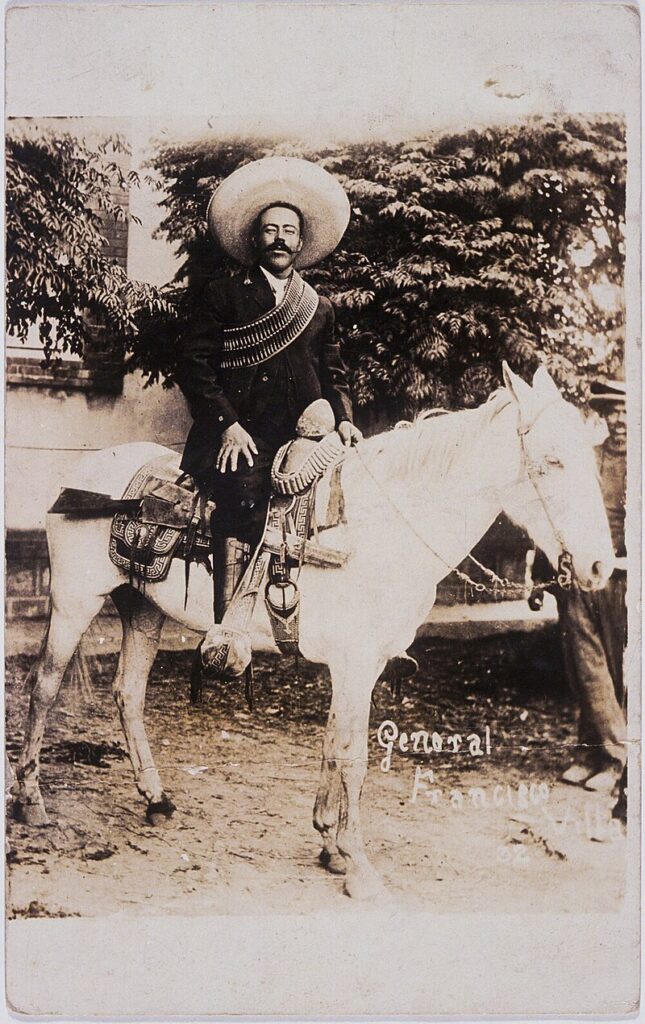
Hughes was also instrumental in building positive relationships with local Mexicans by working closely with many of them and by learning some Spanish. He understood that the Mexican population in West Texas greatly outnumbered Anglos and and were often mistreated by them.
Hughes served until his retirement in 1915. Sadly, his successors engaged in very different practices, including the Porvenir massacre, later in the violent 1910s. View previous Twitter thread on Porvenir Massacre.
Nonetheless, Hughes’ service reminds us that bureaucracies are complicated, that not all Rangers or other law officers are the same, and that with political pressure and wise leadership, police forces can operate more equitably. The Science of Policing Equity PDF
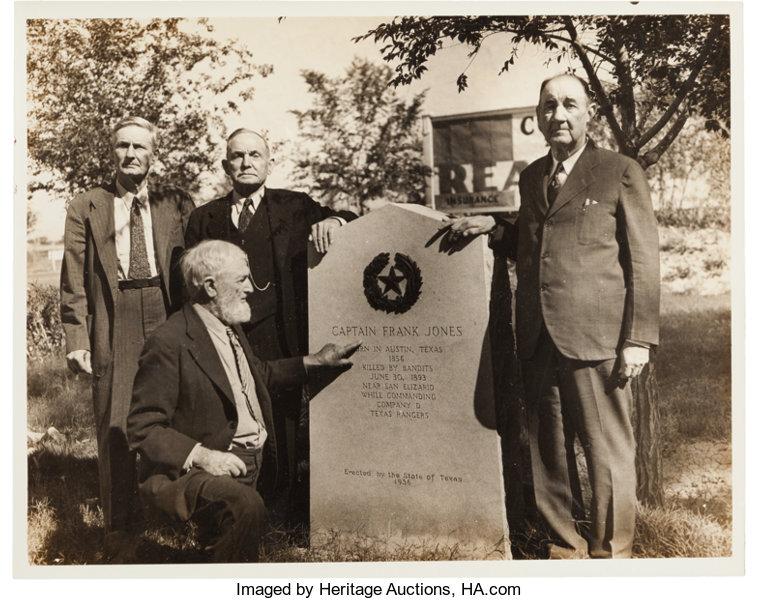
This thread is a part of the #OTD in Ranger history campaign that @Refusing2Forget is running this year. Follow this twitter handle or https://refusingtoforget.org/ranger-bicentennial-project/, and visit our website https://refusingtoforget.org to learn more.
A key source for this thread is @elprofeml’s book: Militarizing the Border: When Mexicans Became the Enemy.
Refusing to Forget members are @ccarmonawriter @carmona2208 @acerift @soniahistoria @BenjaminHJohns1 @LeahLochoa @MonicaMnzMtz and @Alacranita, another co-founder is @GonzalesT956
@emmpask @sdcroll @HistoryBrian @LorienTinuviel @hangryhistorian, @ddsanchez432, @elprofeml, and @littlejohnjeff are other scholars working on this project.

